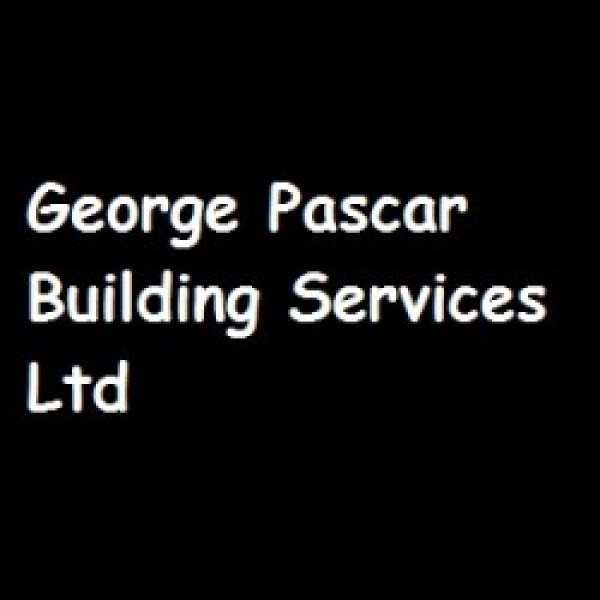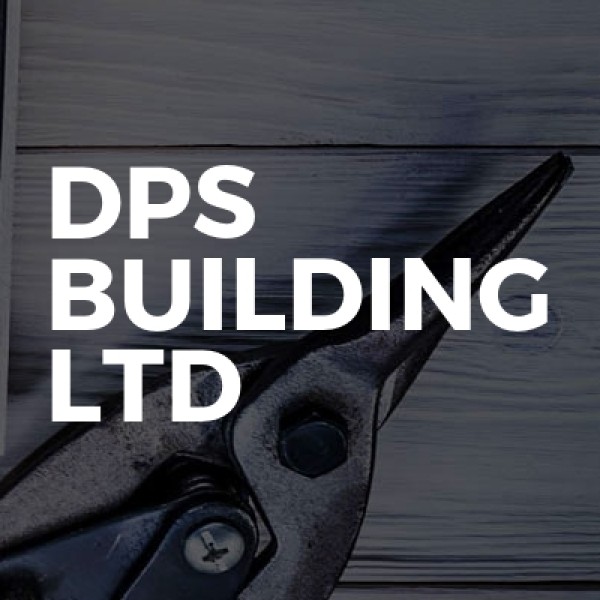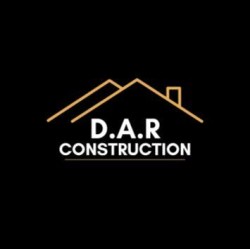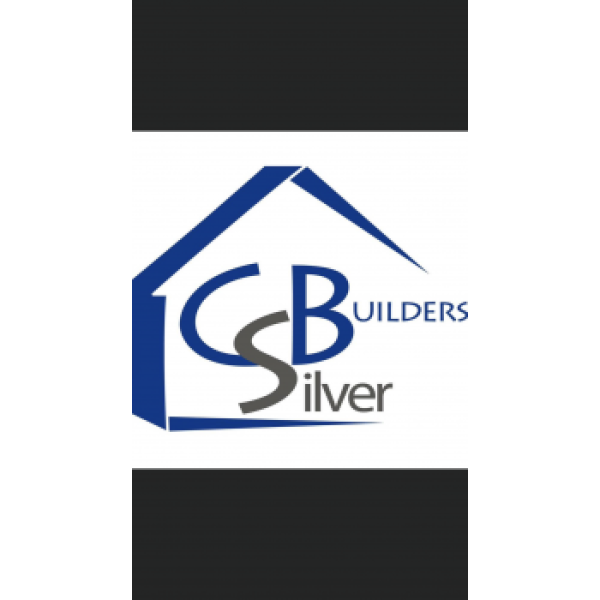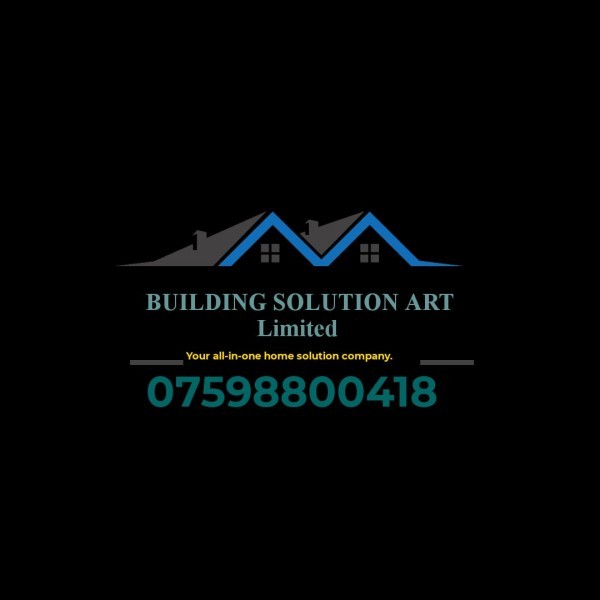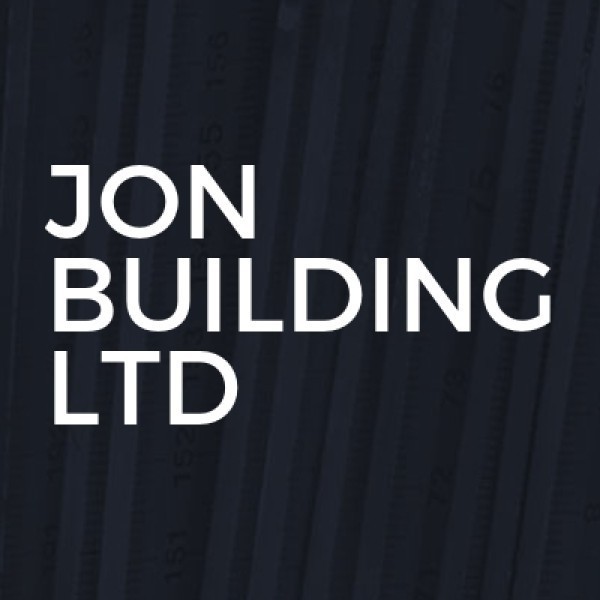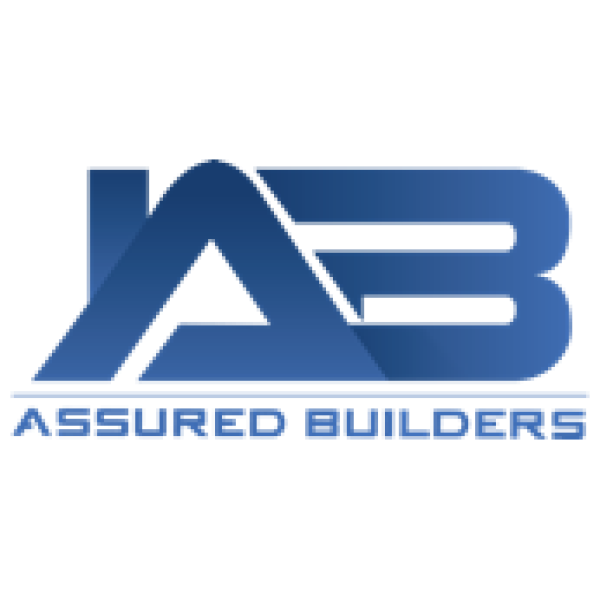Loft Conversions in Finsbury
Search Loft Conversions in places nearby
Understanding Loft Conversions in Finsbury
Loft conversions in Finsbury are becoming increasingly popular as homeowners seek to maximise their living space without the hassle of moving. This process involves transforming an underutilised attic space into a functional room, such as a bedroom, office, or playroom. With the charm and character of Finsbury's architecture, loft conversions offer a unique opportunity to enhance both the value and functionality of your home.
The Benefits of Loft Conversions
Loft conversions provide numerous benefits, making them an attractive option for many homeowners. Firstly, they add significant value to your property, often increasing the home's worth by up to 20%. Additionally, they offer a cost-effective solution to gaining extra space compared to traditional extensions. Loft conversions also allow for creative design opportunities, enabling homeowners to tailor the space to their specific needs and preferences.
Types of Loft Conversions
There are several types of loft conversions, each suited to different property styles and homeowner needs. The most common types include:
- Dormer Loft Conversion: This involves extending the existing roof to create additional floor space and headroom. It's a versatile option suitable for most property types.
- Mansard Loft Conversion: Typically found in terraced houses, this conversion involves altering the roof structure to create a flat roof with a back wall sloping at 72 degrees.
- Hip to Gable Loft Conversion: Ideal for semi-detached or detached houses, this conversion extends the hip roof to create a vertical gable wall, increasing interior space.
- Velux Loft Conversion: The simplest and most cost-effective option, this conversion involves installing roof windows to utilise the existing loft space without altering the roof structure.
Planning Permission and Building Regulations
Before embarking on a loft conversion in Finsbury, it's crucial to understand the planning permission and building regulations requirements. Generally, loft conversions fall under permitted development rights, meaning you won't need planning permission. However, if your property is in a conservation area or the conversion involves significant structural changes, you may need to apply for permission.
Building regulations are mandatory for all loft conversions to ensure the safety and structural integrity of the new space. These regulations cover aspects such as fire safety, insulation, and staircase design. It's advisable to work with a professional architect or builder familiar with local regulations to ensure compliance.
Choosing the Right Professionals
Selecting the right professionals is crucial for a successful loft conversion. Look for architects and builders with experience in loft conversions, particularly in the Finsbury area. Check their credentials, ask for references, and review their previous work to ensure they meet your standards. A reputable professional will guide you through the design, planning, and construction process, ensuring a smooth and stress-free experience.
Design Considerations for Loft Conversions
Designing a loft conversion involves several considerations to create a functional and aesthetically pleasing space. Start by determining the purpose of the new room, whether it's a bedroom, office, or playroom. This will influence the layout, lighting, and storage solutions.
Maximise natural light by incorporating roof windows or skylights, and choose a colour palette that enhances the sense of space. Consider built-in storage solutions to make the most of the available space and maintain a clutter-free environment. Finally, ensure the design complements the existing style of your home for a cohesive look.
Cost of Loft Conversions in Finsbury
The cost of a loft conversion in Finsbury varies depending on the type of conversion, the size of the space, and the materials used. On average, a basic loft conversion can cost between £20,000 and £40,000, while more complex conversions can exceed £60,000. It's essential to set a realistic budget and obtain detailed quotes from multiple contractors to ensure you get the best value for your investment.
Financing Your Loft Conversion
Financing a loft conversion can be achieved through various means. Many homeowners opt to use savings or take out a home improvement loan. Alternatively, remortgaging your property to release equity can provide the necessary funds. It's important to explore all options and choose the one that best suits your financial situation.
Timeframe for Completion
The timeframe for completing a loft conversion depends on the complexity of the project and the type of conversion. On average, a loft conversion takes between 6 to 12 weeks from start to finish. This includes the design phase, obtaining necessary permissions, and the construction process. Working with experienced professionals can help ensure the project stays on schedule.
Common Challenges and Solutions
Loft conversions can present several challenges, but with careful planning and expert guidance, these can be overcome. Common challenges include limited headroom, structural issues, and planning restrictions. Solutions may involve creative design approaches, such as lowering the ceiling of the floor below or reinforcing the existing structure. Consulting with experienced professionals can help identify potential issues early and develop effective solutions.
Maximising Energy Efficiency
Energy efficiency is an important consideration for any loft conversion. Proper insulation is crucial to maintain a comfortable temperature and reduce energy costs. Consider using energy-efficient windows and doors, and incorporate sustainable materials where possible. Additionally, installing energy-efficient lighting and heating systems can further enhance the eco-friendliness of your new space.
Legal Considerations and Insurance
Before starting a loft conversion, it's important to address any legal considerations and ensure you have adequate insurance coverage. Check your home insurance policy to see if it covers structural changes and consider taking out additional coverage if necessary. Additionally, ensure that any contracts with builders or architects clearly outline the scope of work, timelines, and payment terms to avoid disputes.
Neighbour Considerations
When planning a loft conversion, it's important to consider the impact on your neighbours. Inform them of your plans and address any concerns they may have. This is particularly important if your property is semi-detached or terraced, as construction work may cause noise and disruption. Maintaining open communication can help foster good relations and prevent potential disputes.
Frequently Asked Questions
- Do I need planning permission for a loft conversion in Finsbury? Most loft conversions fall under permitted development rights, but it's best to check with your local council.
- How much does a loft conversion cost? Costs vary, but a basic conversion typically ranges from £20,000 to £40,000.
- How long does a loft conversion take? On average, it takes 6 to 12 weeks to complete a loft conversion.
- Can I convert any loft? Most lofts can be converted, but factors like headroom and structural integrity must be considered.
- Will a loft conversion add value to my home? Yes, a loft conversion can increase your property's value by up to 20%.
- What type of loft conversion is best for my home? The best type depends on your home's structure and your specific needs.
Final Thoughts on Loft Conversions in Finsbury
Loft conversions in Finsbury offer a fantastic opportunity to enhance your living space and increase your property's value. By understanding the different types of conversions, planning requirements, and design considerations, you can create a beautiful and functional space that meets your needs. With the right professionals and careful planning, a loft conversion can be a rewarding investment in your home.




